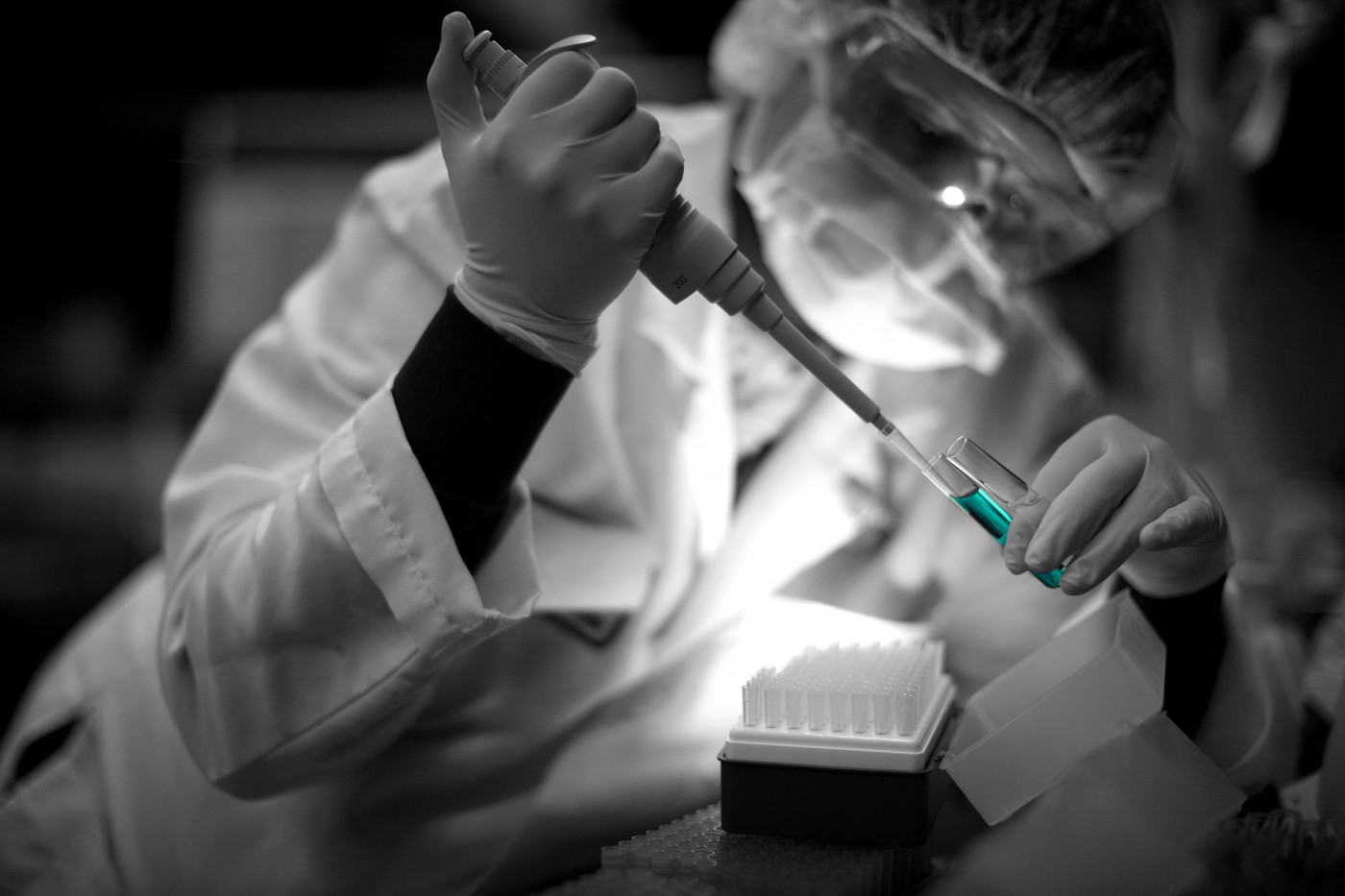Clinical Trial of Potential CAR T-cell Therapy for Advanced Multiple Myeloma to Open in US
Written by |

Janssen recently initiated a Phase 1b/2 clinical development program to evaluate JNJ-68284528, a chimeric antigen receptor (CAR) T-cell therapy, as a possible treatment of relapsed or refractory multiple myeloma.
The Phase 1b/2 open-label trial (NCT03548207) is scheduled to begin enrolling 84 patients later this year, following the approval of an investigational new drug (IND) application by the U.S. Food and Drug Administration (FDA).
“We are committed to rapidly advancing JNJ-68284528, and we are pleased to initiate a global clinical development program to further evaluate this cell-based therapy,” Peter F. Lebowitz, global therapeutic area head of oncology at Janssen, said in a press release. “As we strive to eliminate multiple myeloma, we are hopeful that this BCMA targeted CAR-T therapy will play an important role in the treatment of this disease.”
Janssen entered into a worldwide collaboration agreement with Legend Biotech Ireland to jointly develop and commercialize JNJ-68284528 at a multiple myeloma treatment in 2017. Development of JNJ-68284528 is based on Legend’s LCAR-B38M therapy.
CAR T-cell therapies involve re-engineering a patient’s immune T-cells to improve their ability to fight cancer.
Like LCAR-B38M, JNJ-68284528 targets a protein known as B-cell maturation antigen (BCMA), which is found at high levels on the surface of myeloma cells.
Legend, a subsidiary of GenScript Biotech, is conducting a Phase 1/2 clinical trial (NCT03090659) in China to determine LCAR-B38M’s safety and ability to treat myeloma patients who failed to respond to prior treatments.
Of the 35 patients who participated in the study, all responded to LCAR-B38M, and 94 percent showed sustained complete or near-complete remission.
The new U.S. study will evaluate the safety and efficacy of JNJ-68284528 in 84 adult myeloma patients who received least three prior treatments, including an immunomodulatory therapy, a proteasome inhibitor, and an anti-CD38 antibody. It takes place at two U.S. sites, in New York and in Tennessee.
The trial’s Phase 1b portion will characterize JNJ-68284528’s safety and establish a safe dose. This portion is informed by results from the Phase 1/2 trial conducted in China.
The Phase 2 portion will evaluate the efficacy of JNJ-68284528, with a primary goal being the number of patients achieving at least a partial tumor response. Secondary objectives include the time to disease worsening or death, overall survival, duration of response, and other immune parameters.
Additional information on this trial, including inclusion criteria, can be found here.



